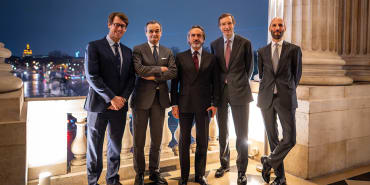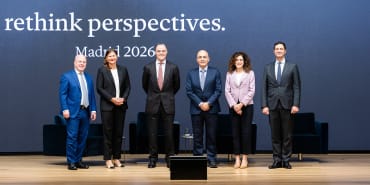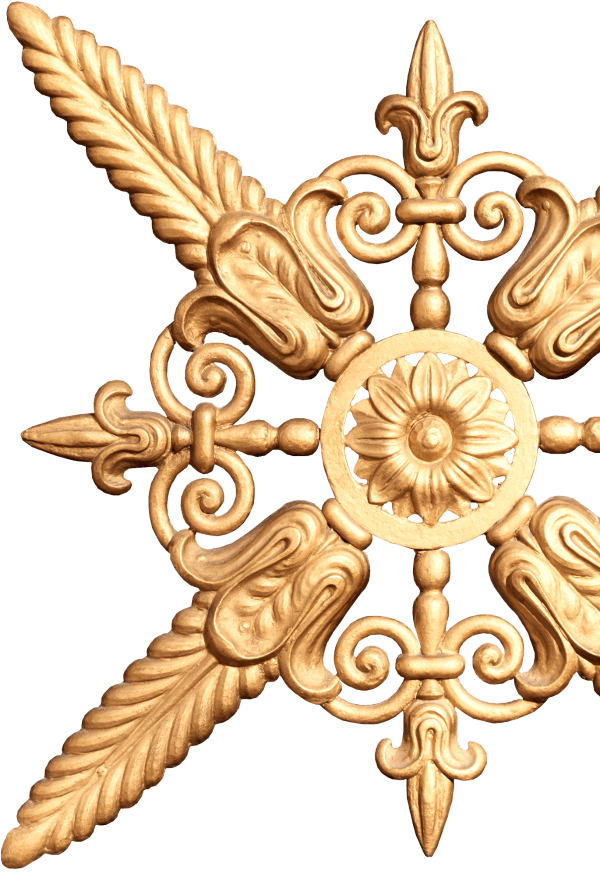Societies across diverse cultures have continually explored effective ways to preserve and protect assets and wealth for future generations. Anglo-Saxon Trusts and Islamic Waqfs represent two distinct yet strikingly similar solutions: both are tools designed to protect properties and families over the long term and have a profound impact on societal structures, enabling charitable endeavours, community support and even urban development.
While rooted in different legal traditions, the functional convergence between Trusts and Waqfs underscores a shared objective: safeguarding wealth through careful planning, effective governance and clearly defined objectives. These instruments demonstrate how ancient culturally embedded legal tools can be adapted to meet modern planning needs.
While rooted in different legal traditions, the functional convergence between Trusts and Waqfs underscores a shared objective: safeguarding wealth through careful planning
As Gulf-based families and institutions navigate increasing complexity across regulatory regimes, jurisdictions and family dynamics, the relevance of these legacy instruments has only grown. A nuanced understanding of their principles enables more resilient and purpose-aligned structures, tailored to today’s capital preservation, legacy planning, and philanthropic ambitions.
Trusts: flexibility for an evolving world
Trusts emerged in medieval English common law as adaptable tools for wealth preservation, inheritance planning, and family financial management.
The Trust is a legal arrangement where the Settlor transfers assets to the Trustee to manage assets on behalf of the Beneficiary. Trusts offer:
- Wide-ranging uses: Suitable for asset protection, wealth management, succession planning, and tax optimisation.
- International reach: Globally recognised and ideal for managing assets and beneficiaries across jurisdictions.
- Flexible structures: Options include revocable or irrevocable setups, adjustable terms, and tailored distributions that can adapt as your family or financial circumstances evolve.
- Privacy and confidentiality: Trusts often maintain confidentiality and may not require public disclosure, depending on jurisdiction.
Waqfs: anchoring purpose in permanence
The Waqf, rooted in Islamic tradition, permanently dedicates a property to charitable and community causes, from supporting education and healthcare to alleviating poverty.
related content.

our private banking and wealth management expertise in the middle east.
learn more Over centuries, Waqfs have become integral to societal development, reflecting deeply held values around community responsibility and enduring social impact. Waqfs are compelling for:
- Religious and cultural alignment: Deeply embedded within Islamic values, providing significant spiritual resonance.
- Community and family welfare: They effectively blend personal family benefits with broader charitable contributions, historically funding significant community projects and infrastructure.
- Local simplicity: If you live in an Islamic country that has a well-established legal framework to support Waqfs, and if your needs are straightforward and fit within this framework, a Waqf might be simpler to establish locally.
Trusts and Waqfs
Cultural context shapes how Trusts and Waqfs operate, reflecting family values, religious beliefs, and legal traditions. But beyond cultural nuances, both structures emphasise a deeper principle: wealth preservation isn’t solely about safeguarding assets – it’s about ensuring your resources align meaningfully with your values and aspirations.
Cultural context shapes how Trusts and Waqfs operate, reflecting family values, religious beliefs, and legal traditions
As families become more global and the desire for purposeful giving grows, understanding both structures becomes increasingly important. Whether one chooses the flexibility and cross-border recognition of a Trust or the enduring spiritual and communal commitment of a Waqf, the decision reflects a broader vision for the future.
Read also: Five key questions for expats moving to, or living in, the UAE
For today’s wealth holders, the opportunity is to think beyond structure and strategy and instead focus on the legacy they wish to create. By blending tradition with forward-thinking, individuals and institutions can build solutions that are not only effective and enduring but also deeply meaningful. In doing so, they can shape legacies that contribute to lasting progress and inspire the generations that follow.
Article initially published in Finance Middle East, on July 5 2025








share.